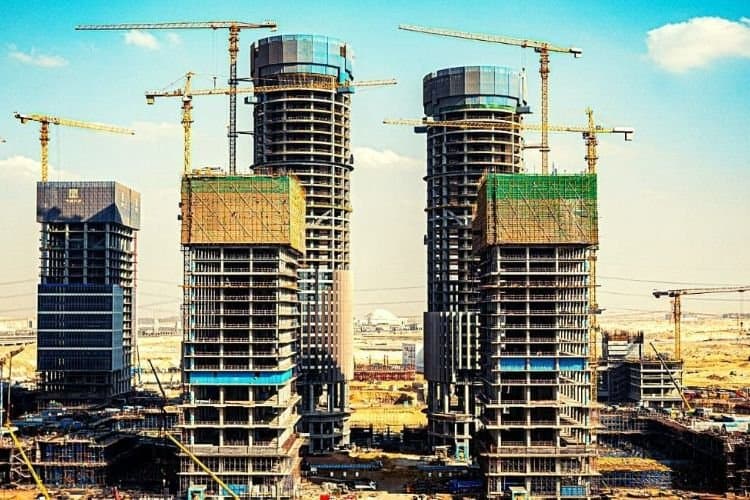
Here are the common disputes in the construction industry
The construction industry in the UAE is one of the most significant sectors of the country's economy. However, disputes between developers, main contractors, and sub-contractors are common in the industry. In this article, we will discuss some of the most common disputes in the UAE construction industry and how the UAE laws address these disputes.
- Payment Disputes
Payment disputes are one of the most common types of disputes in the UAE construction industry. Typically, payment disputes arise when the main contractor or sub-contractor does not receive payment for work completed. UAE laws, specifically Federal Law No. 6 of 2018, provide a legal framework for payment disputes, including payment terms, payment schedules, and late payment penalties. Under this law, payment must be made within 30 days of receiving a payment application, and any delayed payment can result in interest and penalty payments.
- Delay Disputes
Delay disputes arise when there is a delay in the completion of a construction project. This can be due to various factors, such as poor project management, adverse weather conditions, or issues with the supply chain. UAE laws, particularly Article 247 of the Civil Transactions Law, provide a legal framework for delay disputes. If a delay is caused by a contractor, the developer may claim compensation for the losses incurred. If the delay is due to a force majeure event, such as a natural disaster, the contractor may not be held liable for the delay.
- Quality Disputes
Quality disputes arise when the developer is not satisfied with the quality of work provided by the main contractor or sub-contractor. Quality disputes can lead to delays in project completion and additional costs for rectifying the work. UAE laws, specifically Article 891 of the Civil Transactions Law, provide a legal framework for quality disputes. Under this law, the developer has the right to request that the contractor corrects any defective work at their own expense.
- Design Disputes
Design disputes arise when the developer is not satisfied with the design of the construction project. This can be due to errors or omissions in the design, or changes to the design during the construction process. UAE laws, specifically Article 878 of the Civil Transactions Law, provide a legal framework for design disputes. Under this law, if the contractor has prepared the design, they are responsible for correcting any errors or omissions at their own expense.
Disputes between developers, main contractors, and sub-contractors are common in the UAE construction industry. The UAE laws provide a legal framework for resolving these disputes, and it is essential for all parties involved to understand their rights and obligations under these laws. Consulting an experienced lawyer can resolve disputes quickly and efficiently.
For any legal queries or information, contact ask@tlr.ae or call us on +971526443004